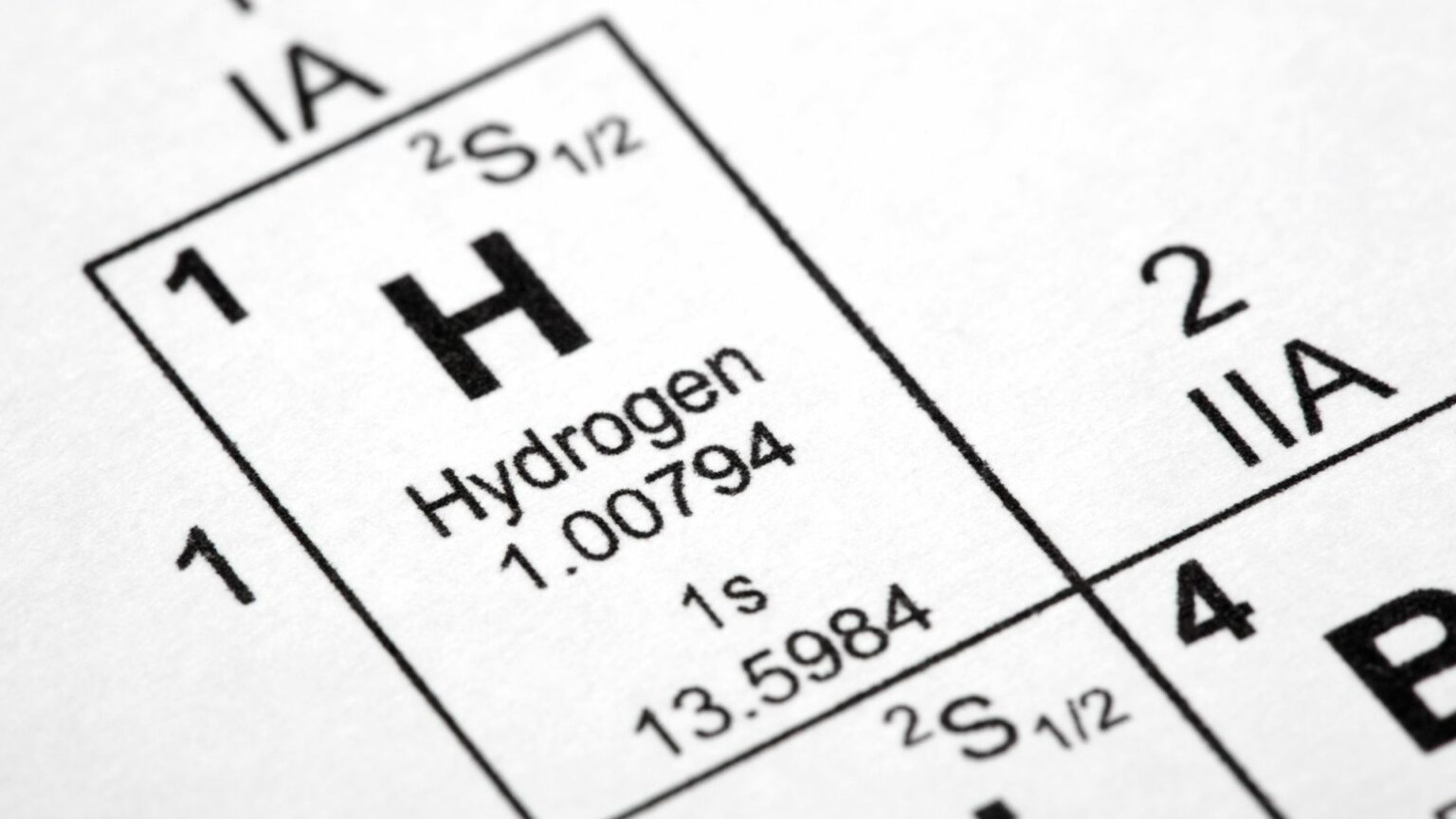Iberia’s ambitious H2Med project has been making significant strides in recent months, positioning itself as a key player in the European hydrogen market.
This development comes amid growing challenges faced by Northern Europe’s hydrogen sector, which has struggled with various issues including infrastructural bottlenecks and policy uncertainties. The H2Med initiative aims to enhance hydrogen production and distribution capabilities across the Iberian Peninsula, offering a robust alternative to Northern Europe’s stalling efforts.
One of the major advantages of the Iberian Peninsula is its favorable climatic conditions for producing renewable energy. With abundant sunshine and significant wind resources, the region is well-suited for generating green hydrogen. This potential is further bolstered by strong political support in both Spain and Portugal, which are investing heavily in renewable energy infrastructure and research initiatives to promote sustainability and innovation.
Northern Europe’s hydrogen ambitions have been hampered by several factors. Among them are the high costs associated with establishing new infrastructure, regulatory hurdles, and the slow pace of policy implementation. As a result, key projects have been delayed, and investment opportunities have been missed, creating an environment of uncertainty for stakeholders in the region.
The H2Med project seeks not just to meet the domestic demand for hydrogen within the Iberian Peninsula but also to export surplus hydrogen to other European countries. This would be facilitated through the development of a comprehensive pipeline network and partnerships with various European stakeholders. The long-term vision is to establish the Iberian Peninsula as a central hub for hydrogen production, which could significantly alter the energy landscape of Europe.
The success of the H2Med project could have far-reaching implications for the European energy market. By providing a reliable and sustainable source of hydrogen, the Iberian initiative could help alleviate some of the pressure faced by Northern Europe, encouraging a more balanced and cooperative approach to energy production across the continent. This could lead to more competitive pricing, increased investment in technology, and accelerated progress towards the EU’s climate goals.





